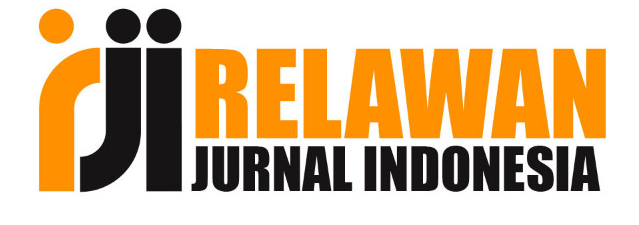IMPROVING STUDENTS’ WRITING ABILITY OF THE ECONOMIC MANAGEMENT STUDY PROGRAM THROUGH BLOGS AT INDO GLOBAL MANDIRI UNIVERSITY PALEMBANG
DOI:
https://doi.org/10.36982/jge.v5i1.205Abstract
The aims of this study were to find out theprogress in students’ writing achievement after they were taught by using blogs, and to find out the significant difference in students’ writing achievement between the students who were taught by using blogs and those who were not. A quasi-experimental method was used in this study. The population of the study was all the students in Faculty of Economic at Indo Global Mandiri University in the academic year 2014/2015. The sample consisted of 40 students where 20 students for experimental group and 20 students for control group, and was selected by using purposive sampling. In order to get the data, a test was used. The data was obtained in the form of writing test. The test was given twice, to the experimental and control groups, as pre-test and post-test. The result of the test was analyzed by using t-test through SPSS program. The finding showed that (1) There were some progresses in students’ writing due to the use of blog during the teaching and learning activities, and (2) There was a significant difference between the students who were taught by using blogs and those who were not.
 Key Words: Improving, Writing Ability, Blogs
References
Arikunto, S. 2002. Procedure Penelitian: Suatu Pendekatan Praktek. Edisi Revisi, Jakarta: Rineka Cipta.
Brown, D. H. 2004. Language Assessment Principles and Classroom Practices. New York: Longman.
Brown, D. H. 2007. Principles of Language Learning and Teaching. Fifth Edition. New York: Longman.
Downess, N. 2004. Educational Blogging. Educause Reviews, 14-16.
Godwin-Jones, R. 2008. Emerging technologies: Web-writing 2.0: Enabling, documenting, and assessing writing online. Language Learning & Technology, 12 (2), 7-13.
Hall, A., &Davidson, R. 2007. Social software as support in hybrid learning environments: The value of the blog as a tool for reflective learning and peer support. Library & Information Science Research, 29, 163-187. http://dx.doi.org/10.1016/j.lisr.2007.04.007
Hatch, E.,&Farhady, H.1982. Research Design and Statistics for Applied. Cambridge: Edits.
Kellogg, R. Thomas. 1994. The Psychology of Writing. New York, NY: Oxford University Press.
Molenda, M. & Pershing, J.A. 2008. Educational Technology. New York, NY: Lawrence Erlbaum.
Raimes, A. 1983. Techniques in Teaching Writing. Oxford: Oxford University Press.
Richard, J. 1992. Longman Dictionary of Language Teaching and Applied Linguistics. London:Longman.
Sutter, N. 1998. Contemporary Communication Research Design. Belmont, CA: Wards Worth Publishing Company.
Vurdien, R. 2012. Enhancing writing skills through blogs in an EFL class. Euro call, 28, 155-158.
Wallen, N. E., & Fraenkel. J. R. 1991. Educational research: A guide to the process. United State of America: McGraw Hill. Inc.
Webster, N. 1999. Webster’s New World Dictionary. New York, NY: A division of Simon & Schuster, Inc.
Zhang, D. 2009. The Application of Blog in English Writing. Journal of Cambridge Studies, 4 (1), 64-72.
Downloads
Published
How to Cite
Issue
Section
License
Global Expert: Jurnal Bahasa dan Sastra is published by Universitas Indo Global Mandiri and licensed under a Creative Commons Attribution-ShareAlike 4.0 International License.










